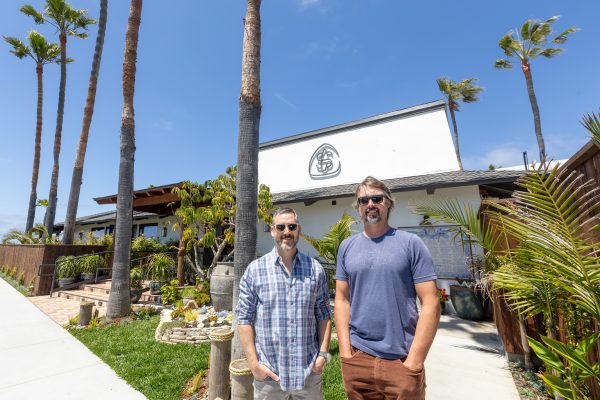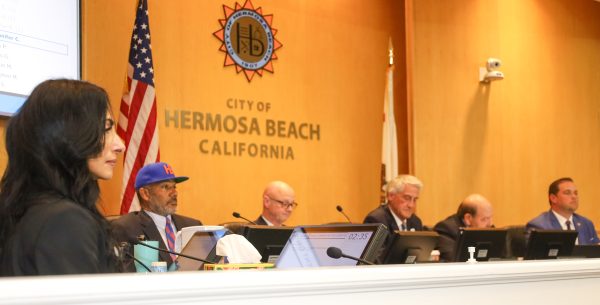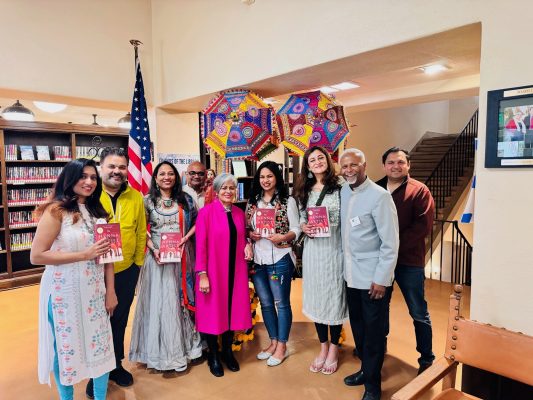
Redondo Union High School was the beneficiary of broken laws this week, as the City of Redondo Beach made significant donations to RUHS programs during its May 17 City Council meeting.
Redondo Union’s Teen Court, Theatre Arts and Athletics programs are all receiving a boost thanks to money won from civil lawsuit settlements, as well as the City’s “Make Amends” fund. Teen Court will be receiving $30,000, while Theatre Arts and Athletics will be receiving $17,500 each.
“That fund is for situations where, say, someone is driving without a valid license,” said City Attorney Mike Webb. “Instead of paying a fine, they can donate to a program, or a tax-deductible entity.”
In this case, it’s appropriate that Redondo Union’s Teen Court program, which convenes once a month under the watch of Superior Court Judge Stuart Rice, receive those funds.
As Webb said, the Teen Court is a real court with real cases, giving an option to kids to divert them from having a criminal record.
Students who have committed minor offenses, such as petty theft or fighting after school, are given the option to try their case before a jury of their peers at Redondo Union, though the kids on trial are never RUHS students.
“Kids are the jury, and they ask questions of the defendant, of their parents, and when they’re done, they go off to deliberate,” Rice said. Oftentimes, the jury isn’t working to determine guilt — typically, the student on trial offers a ‘Guilty’ plea — but to recommend a suitable punishment.
“Sometimes I modify the sentence, but not always,” Rice said. “But when I sentence kids, I invite them back to sit as a juror, as part of the community service I impose upon them, and they can get hours for sitting on our jury.”
If there’s one fault with the program, it’s that the court’s setting is less than stately, taking place in the school’s Bingo Room. These funds, combined with funds donated by lawyers from around the South Bay, will go toward building a semi-permanent courtroom to be used by Teen Court, as well as Redondo Union’s Mock Trial team.
“We want to express how thankful we are for this funding — it’s going to make our courtroom so much more formal, and bring so much more dignity and respect, like a courtroom should,” said Teen Court co-president Madison Laster. “This is a real court, with kids with mistakes; this helps rehabilitate them and give them a way to get back into society without sending them down the wrong road.” ER










